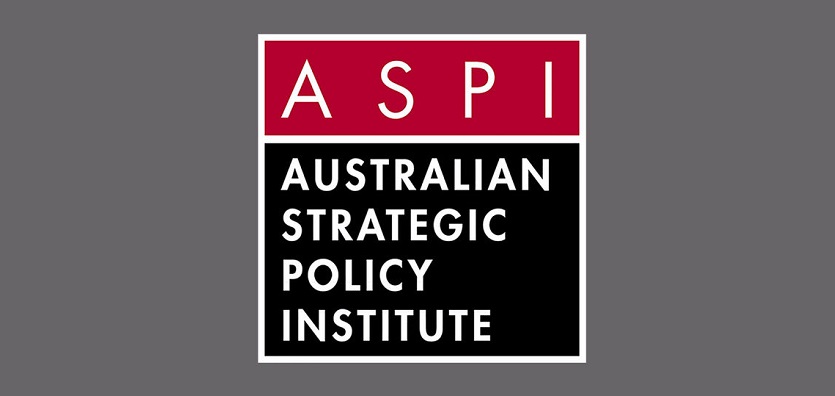
On 30th March 2020, the Australian Strategic Policy Institute launched its fourth Counterterrorism Yearbook. This year’s edition draws upon 19 contributing authors, each a renowned thought leader in their field, to promote practical counterterrorism solutions by reviewing a global range of terrorism developments and counterterrorism responses.
ASIO’s Director General, Mike Burgess commends the publication for its ‘valuable contribution to the public discourse on counterterrorism’.
While maintaining its geographic focus, the Counterterrorism Yearbook 2020 now includes thematic chapters on mental health, strategic policing, the media, the terror–crime nexus and terrorist innovation.
These new thematic chapters have been included to encourage governments to consider more proactive CT agendas that move beyond the current focus on disrupting plots and discouraging people from joining and supporting terrorist groups. The focus here has been on promoting new thinking on how to deal with emergent areas of concern, such as comorbidity of mental health, use of gaming platforms, and artificial intelligence.
Despite some worrisome and tragic terrorism developments in 2019, overall attacks are in decline. The decline is likely in no small part to positive developments in countering violent extremism.
Three themes emerge from the 2020 yearbook. Firstly, the experts seem clear that Salafi-jihadi terrorist activities have continued to decline—something that was noticeable as far back as 2015. The decline is very much linked to the demise of ISIL and the fact that al-Qaeda has changed its strategy.
Regrettably, as the number of Salafi-jihadi-inspired terrorist attacks has declined, right-wing extremist activity has increased—a point well illustrated by the tragic Christchurch massacre.
Secondly, the demise of ISIL continues to provide governments, including Australia, with persistent security and policy challenges. Specifically, policy responses to returning foreign fighters and those convicted of terrorism offences who are coming close to the end of their prison sentences.
Thirdly, we recognise the role of technology, specifically social media, in the evolution of violent extremism. We note that we’re likely to see more cyberterrorism and that extremist groups are likely to continue to use the internet to promote their intolerant views, placing an enormous strain on states that must balance the right to free speech with security.






